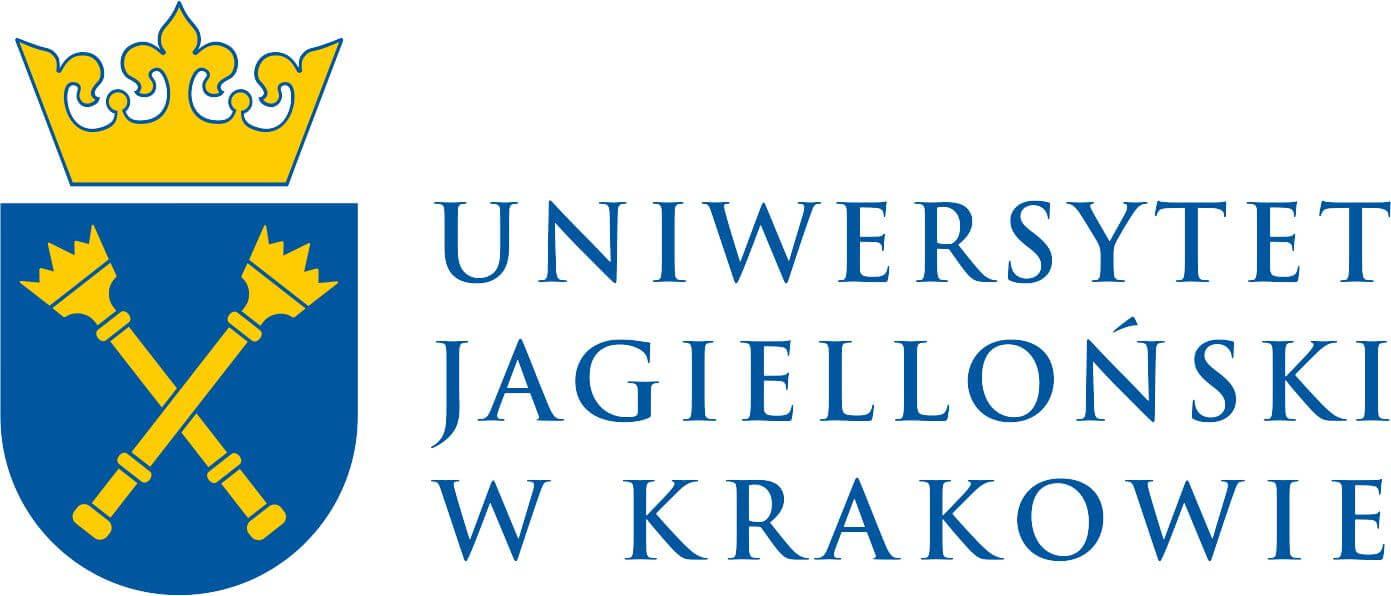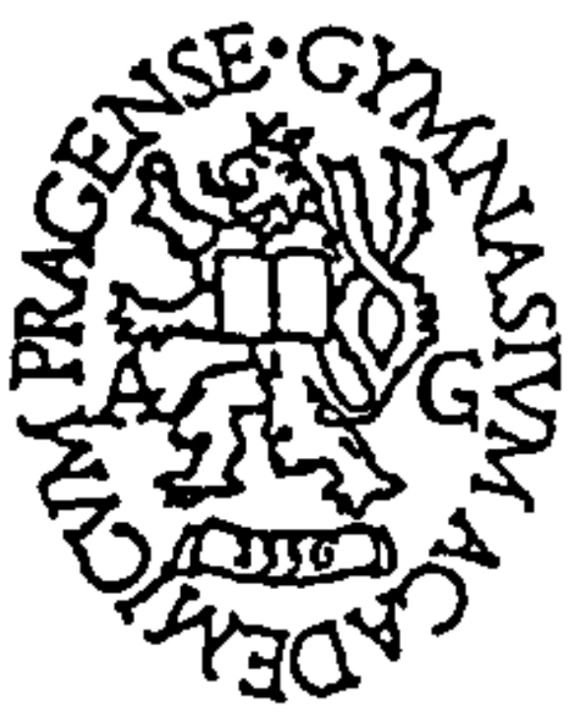Pension reform in Russia – what can we learn from the situation?
Pension reform in Russia – what can we learn from the situation?
5.9.2018 Jan Koutník
 For years Russian president Vladimir Putin categorically rejected the possibility of raising the retirement age in Russia. In 2018 he will probably abandon his promises. The State Duma has already approved the legislation bill raising the retirement age. The reaction of the public was immediate and massive in the Russian scale. How to understand the current situation? What are the implications of the pension reform in Russia?
For years Russian president Vladimir Putin categorically rejected the possibility of raising the retirement age in Russia. In 2018 he will probably abandon his promises. The State Duma has already approved the legislation bill raising the retirement age. The reaction of the public was immediate and massive in the Russian scale. How to understand the current situation? What are the implications of the pension reform in Russia?
The pension reform proposal
The retirement age in Russia – 55 for women and 60 for men – was established back during Stalin´s regime in 1928. Since then it remained the same through the whole Soviet history, rough 90s, and Putin´s rule until today. Prime Minister Dmitry Medvedev first announced the bill on June 14th. The same day the football World Championship started in Russia. Consequently, the bill was approved by the State Duma on 19th July. It raises the retirement age up to 65 for men and 63 for women. Pension ages will start going up already in 2019 and grow gradually until 2028 (for men) and 2034 (for women). The public reaction came immediately. Since July thousands of Russians already took part in a wave of demonstrations across the country. Demonstrations both sanctioned and unsanctioned by the local authorities occurred in dozens of cities, counting thousands of people each. The biggest demonstration of around 12,000 passed in Moscow, led by the Communist Party of Russian Federation. Another series of demonstrations are expected to take place on September 9th, called upon by opposition leader Alexei Navalny. The outrage is understandable. Life expectancy in Russia was according to the official Rosstat data only 63 years for men and 75 for women at birth. And in some regions, it is even less. The World Bank offers more promising data – 67 for men and 77 for women – but still, paying social taxes for whole life then doesn´t seem to pay back for many Russians. Some of them do not even have to live long enough to reach the pension. Some of the slogans during the protests reminded: “We want to live on our pensions, not die at work.” What can we learn from the ongoing situation in Russia?

Source: Vladimir Varfolomeev: https://www.flickr.com/photos/varfolomeev/28802123157/
Regime uncertainty
The whole process of presenting the pension reform showed the uncertainty of the regime. Although the reform was already debated in Russia for many years and probably is necessary, the regime waited after the 2018 presidential elections for Vladimir Putin to have an indisputable position. Insecure was the presentation of the reform. Introducing this major policy change just on the day when the football World Championship began in Russia was perceived negatively even among ordinary people. The effort to hide the unpopular measure behind the football distraction was too obvious. Unclear and inconsistent reactions from the government representatives which followed did not help the situation either.
Vladimir Putin as the only option
The situation also confirms the absolute position of Vladimir Putin. Nobody doubts that he knew everything about the government proposal. But the regime made a lot of effort to put him away from any responsibility. Only a few clumsy reactions came from the presidential administration after Dmitry Medvedev presented the reform. Vladimir Putin himself briefly commented more than a month after which left him enough time to observe the public reactions and come up with a response. Vladimir Putin expressed a more elaborate opinion in a television broadcasted video on 29th August. In his speech, he tried to explain the necessity of the reform, but as well he presented adjustments to the bill, which would make it more moderate and acceptable. Most probably those amendments will be accepted by the government. Therefore, Putin remained in the position of a wise and generous leader who cares about Russian people - in contrary to the government.
The inability of a gradual reform
The pension reform is a visible example of the inability of the regime to reform gradually. The demographic development was well known to the Russian government. As well that the reform was necessary. But admitting any dysfunction is almost forbidden in an authoritarian regime. Rather it would stubbornly proclaim that the pension system is working than changing it gradually. We can find a similar situation of lacking reforms is in various sectors in Russia. Most visibly in connection with the pension reform, Russia has serious problems in healthcare or education where it lacks behind the West by a mile. And no viable reform is expected in those areas, although periodically repeated promises of Russian authorities how the situation would ameliorate. The inability to start reforming leads the huge frustration mostly among the young generation. Continuing brain-drain is one clear implication. The pension bill will be probably just another trigger fostering the young Russians to seek a better life outside Russia. It is hard to see a viable future in Russia.

Source: petr.pavel: https://flic.kr/p/27NbV3a
The regime is alone on this one
It is worth noticing that the regime stands alone behind the reform. So far the regime party United Russia was usually supported by the other so-called systemic opposition parties in the State Duma. But the pension bill passed only thanks to the votes of United Russia. Most visibly the Communist Party of Russian Federation stands firmly against the reform. They organized already several demonstrations (the last one on September 2nd) attracting thousands of protestors. The outrage is nation-wide. Never have been Russians so ready to participate in open protest as now. According to the Levada Center poll, more than half of respondents are ready to attend a mass protest against the pension reform if it occurred in their city or region. Again it proves that Russians are not just silently following the regime. When the reason is close enough to their everyday lives, they are not afraid to express their dissatisfaction. A similarly wide protest occurred in March 2017 against the corrupt practices of Dmitry Medvedev called by opposition leader Alexei Navalny. And the regime feels threatened by the protest lead by him. Navalny was arrested on August 27th for 30 days so that he will not be able to attend the planned demonstration on 9th September.
Conclusion
The pension reform provoked much more public attention than the regime wanted. It revealed the regime uncertainty in presenting significant and unpopular, albeit necessary reform. Hanging the responsibility on the government while protecting Vladimir Putin´s superior role might work for some time but limits the future options for the regime. For how long can Vladimir Putin stand in this role of an untouchable leader? Because covering the domestic problems will be still more difficult for the regime. Touching the established social contract (providing moderate prosperity and social care in exchange for regime support) could turn into a gamble with no certain outcome. Russians are not afraid to protest openly when their everyday lives are at stake. And you cannot arrest half of the population.
Sources:
https://www.youtube.com/watch?v=dv6BIrNTeSs
http://www.gks.ru/free_doc/new_site/population/demo/progn7.htm
https://data.worldbank.org/indicator/SP.DYN.LE00.MA.IN?end=2016&start=1960&view=chart
https://www.vedomosti.ru/politics/articles/2018/07/20/776093-putin-prokommentiroval-povishenie
http://tass.ru/politika/5500968
https://www.reuters.com/article/us-russia-protests-pensions/despite-putins-concessions-russians-protest-pension-reform-law-idUSKCN1LI0DU
https://www.levada.ru/2018/09/03/referendum-protiv-povysheniya-pensionnogo-vozrasta/
https://www.svoboda.org/a/29455965.html
Reference:
Koutník, Jan. Pension reform in Russia – what can we learn from the situation? KRVS FSV UK Web, 5.9.2018. Link: https://krvs.fsv.cuni.cz/KRVS-266.html


































